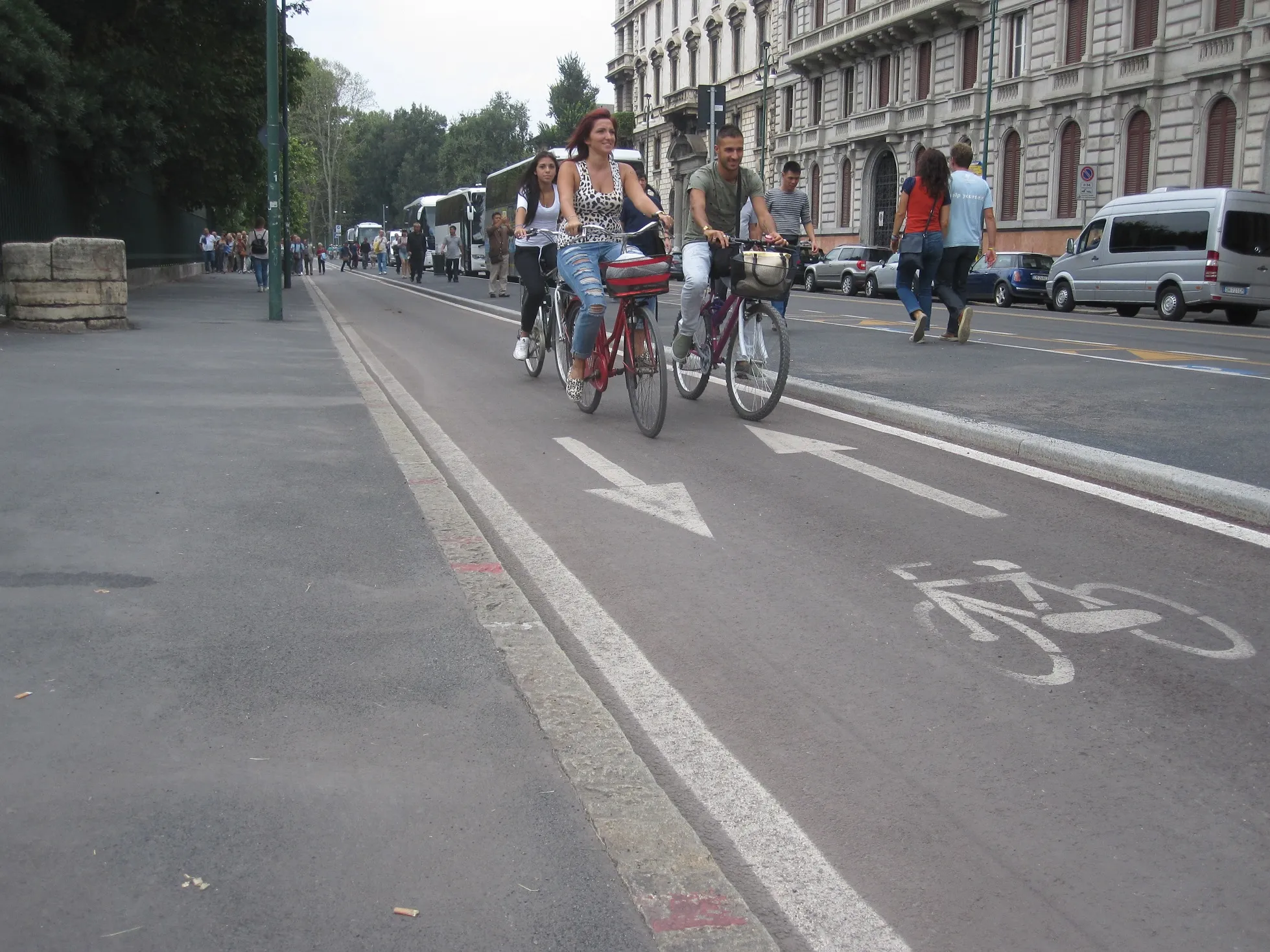The Mayor of London, Sadiq Khan, and
Once complete the full North-South route, also known as Cycle Superhighway 6 (CS6), will provide a safe and direct route for cyclists across central London between Elephant and Castle and King’s Cross. 5km in total, the route will be either fully separated from traffic, or on quiet back streets. At its northern end, the route will connect both with the planned Quietway 2, and Central London Grid routes, allowing cyclists to travel safely to Hackney, Walthamstow, Camden and Swiss Cottage and opening up the city to cycling.
TfL has closely considered all of the responses received in the consultation for this scheme and incorporated several changes to the original plan to address the concerns of local residents and stakeholders. A detailed design will now be developed and, subject to approval from Camden Council and Islington Council, construction will begin in spring 2017.
Pedestrians will also benefit from the plans with 1,600sq metres of new footway along the route as well as 14 new or upgraded signalised pedestrian crossings with tactile paving and pedestrian countdown technology. It will also provide a much improved pedestrian crossing at Farringdon Road for the many thousands of Thameslink passengers who use Farringdon station each day and for those who will use the new Crossrail station in two years’ time.
London’s new Cycle Superhighway given the green light
The Mayor of London, Sadiq Khan, and Transport for London (TfL) are to proceed with the North-South Cycle Superhighway to King’s Cross after majority support in the recent public consultation. The plans, which will also benefit pedestrians with wider pavements and more crossing points, were supported by 70 per cent of the public.
September 1, 2016
Read time: 2 mins









